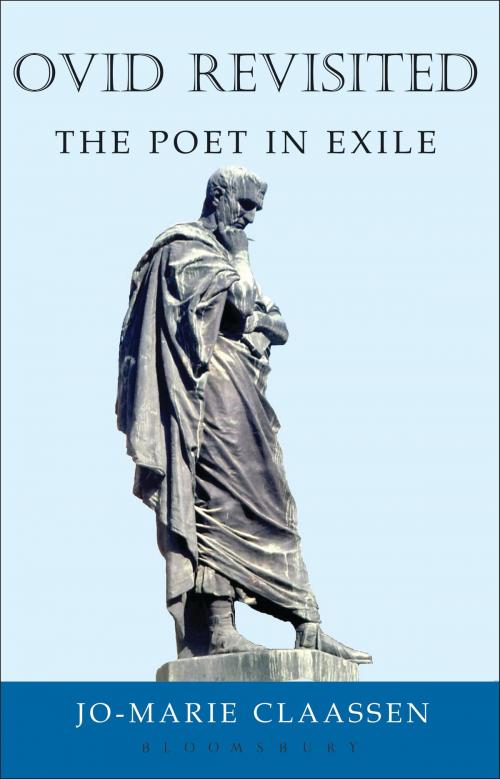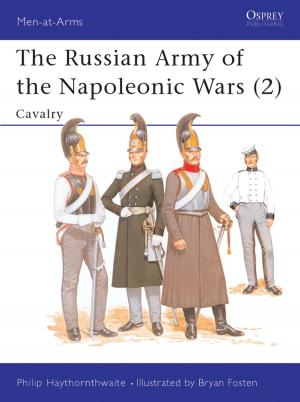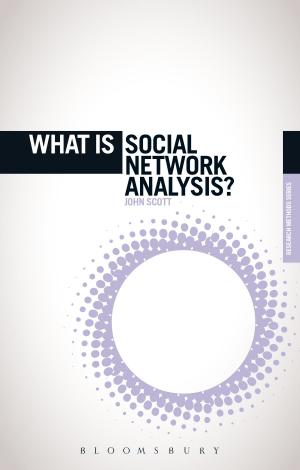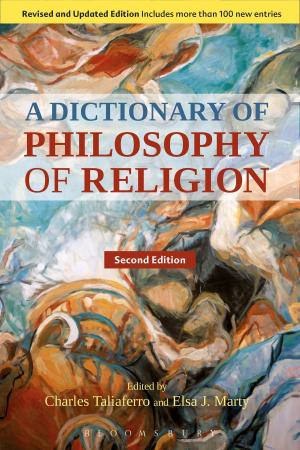Ovid Revisited
The Poet in Exile
Fiction & Literature, Literary Theory & Criticism, Ancient & Classical, Poetry History & Criticism, Poetry| Author: | Jo-Marie Claassen | ISBN: | 9781472521446 |
| Publisher: | Bloomsbury Publishing | Publication: | November 20, 2013 |
| Imprint: | Bloomsbury Academic | Language: | English |
| Author: | Jo-Marie Claassen |
| ISBN: | 9781472521446 |
| Publisher: | Bloomsbury Publishing |
| Publication: | November 20, 2013 |
| Imprint: | Bloomsbury Academic |
| Language: | English |
In time for the bimillennium of Ovid's relegation to Tomis on the Black Sea by the emperor Augustus in 8 AD, Jo-Marie Claassen here revises and integrates into a more popular format two decades of scholarship on Ovid's exile. Some twenty articles and reviews from scholarly journals have been shortened, rearranged and merged into seven chapters, which, together with some new material, offer a wide-ranging overview of the exiled poet and his works. "Ovid Revisited" treats the poems from exile as the literary culmination of Ovid's oeuvre, ascribing the poet's resilience in the face of extreme hardship to the relief that his poetry afforded him. An introduction considers the phenomenon of Ovid's continued popularity, explains the importance of chronology in reading the exilic poems and gives a brief summary of the contents of the 'Tristia' and 'Epistulae ex Ponto'. The rest of the book ranges from consideration of Ovid's relationship with the emperor and with his own poetry, to his ubiquitous humour, to his skill in metrics, vocabulary and verbal play, and to his use of mythological figures from earlier parts of his oeuvre. The degree to which Ovid universalised the sufferings of the dispossessed is assessed in a chapter comparing his exilic works with modern exilic literature. An excursus considers various directions in Ovidian studies today.
In time for the bimillennium of Ovid's relegation to Tomis on the Black Sea by the emperor Augustus in 8 AD, Jo-Marie Claassen here revises and integrates into a more popular format two decades of scholarship on Ovid's exile. Some twenty articles and reviews from scholarly journals have been shortened, rearranged and merged into seven chapters, which, together with some new material, offer a wide-ranging overview of the exiled poet and his works. "Ovid Revisited" treats the poems from exile as the literary culmination of Ovid's oeuvre, ascribing the poet's resilience in the face of extreme hardship to the relief that his poetry afforded him. An introduction considers the phenomenon of Ovid's continued popularity, explains the importance of chronology in reading the exilic poems and gives a brief summary of the contents of the 'Tristia' and 'Epistulae ex Ponto'. The rest of the book ranges from consideration of Ovid's relationship with the emperor and with his own poetry, to his ubiquitous humour, to his skill in metrics, vocabulary and verbal play, and to his use of mythological figures from earlier parts of his oeuvre. The degree to which Ovid universalised the sufferings of the dispossessed is assessed in a chapter comparing his exilic works with modern exilic literature. An excursus considers various directions in Ovidian studies today.















